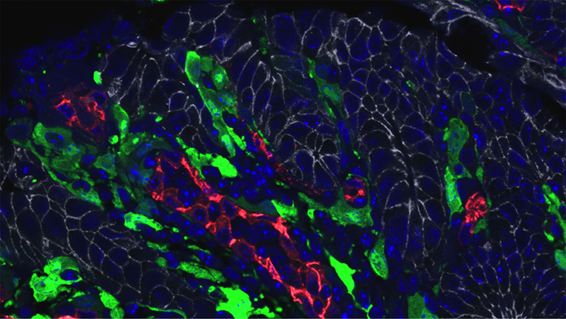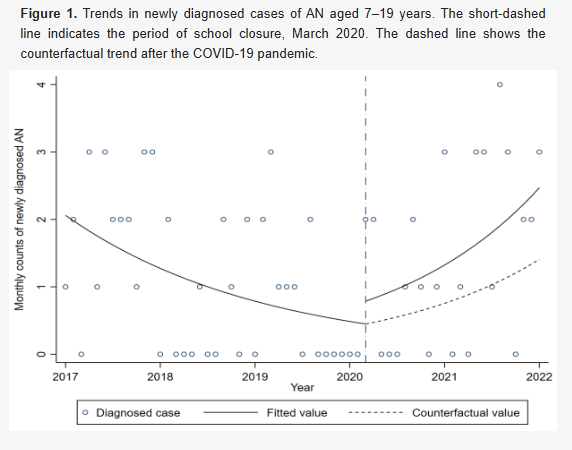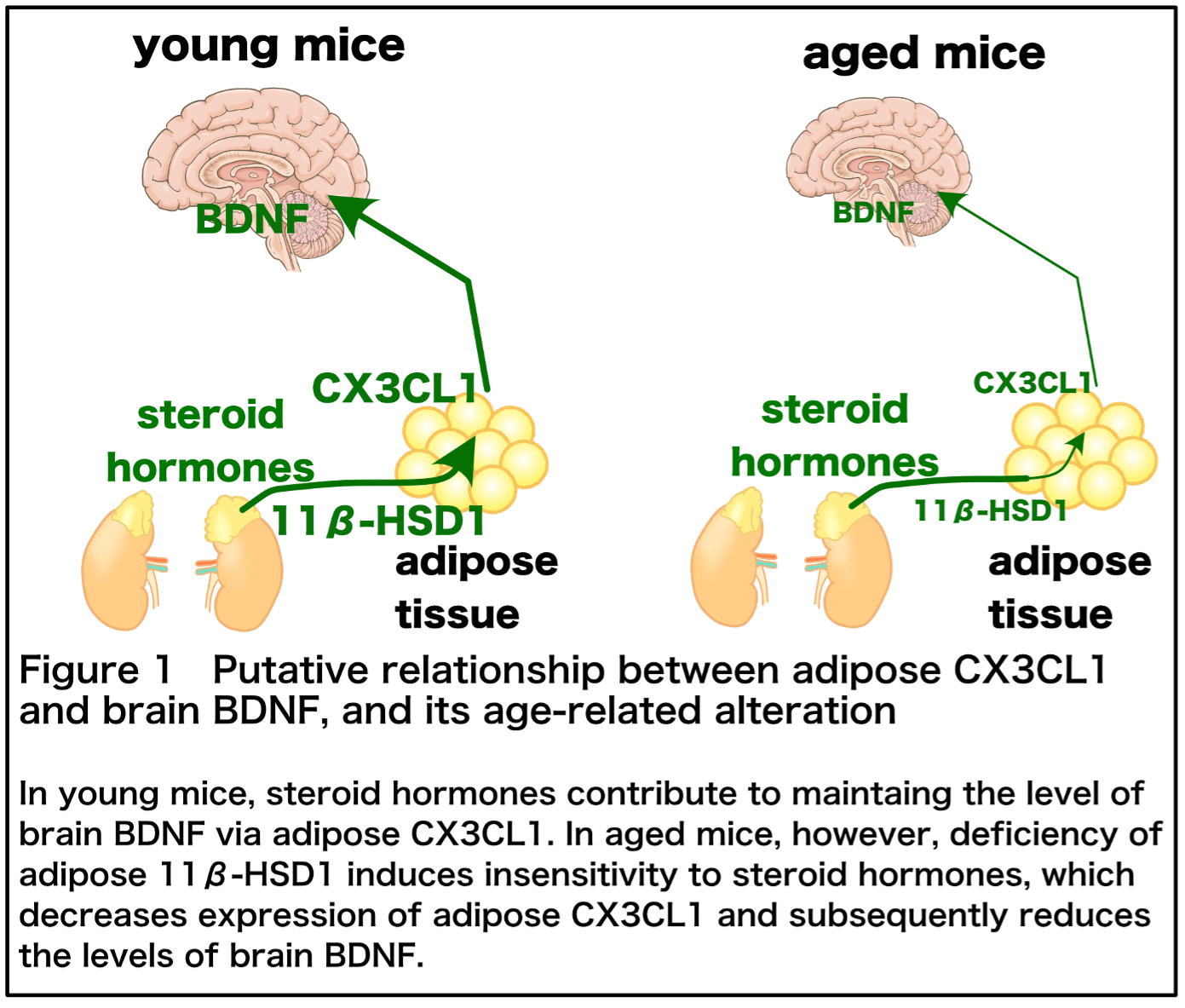April 16, 2021
Interleukin-11-positive cells are involved in recurrence of colorectal cancer
Summary
A research group led by Assistant Professor Takashi Nishina and Professor Hiroyasu Nakano of Department of Biochemistry, Toho University Faculty of Medicine, has recently generated a mouse strain that allows to visualize the cytokine, interleukin-11 (IL-11), which has been reported to be involved in the development of colorectal cancer.

Using these mice, they have revealed that IL-11-positive (IL-11+) cells are mostly fibroblasts that do not exist in normal tissues, but appear in the tissues of mice with colitis or colorectal cancer. They also identified genes that are highly expressed in IL-11+ fibroblasts compared to IL-11- fibroblasts. Elevated expression of these genes in IL-11+ fibroblasts are correlated with short duration of disease-free survival in human colorectal cancer patients. These results indicate that IL-11+ fibroblasts are potential targets to treat CRC.
IL-11 is a cytokine that has been shown to be involved in colorectal cancer. The research group of Nishina and Nakano has generated genetically modified mice that enable to visualize IL-11+ cells in vivo in mice with colitis and colorectal cancer. They found that most of the IL-11+ cells were fibroblasts, and identified a group of genes that is upregulated in IL-11+ fibroblasts compared to IL-11- fibroblasts. Of note, IL-11+ fibroblasts are located adjacent to tumor cells in the colon from ApcMin/+;Il11-Egfp mice and mice with colorectal cancer induced by azoxymethane/dextran sodium sulfate-treatment (Figure 1). Analysis of human cancer databases revealed that high expression of enriched genes in IL-11+ fibroblasts correlated with short duration of disease-free survival in human colorectal cancer patients. Thus, we think IL-11+ fibroblasts can be new therapeutic targets for treating human colorectal cancer.These results were published in Nature Communications on April 16, 2021 (10.1038/s41467-021-22450-3).
A research group led by Assistant Professor Takashi Nishina and Professor Hiroyasu Nakano of Department of Biochemistry, Toho University Faculty of Medicine, has recently generated a mouse strain that allows to visualize the cytokine, interleukin-11 (IL-11), which has been reported to be involved in the development of colorectal cancer.





Figure 1.
IL-11+ cells are located adjacent to tumor cells. Colon tumor sections from ApcMin/+;Il11-Egfp mice were stained with anti-GFP (IL-11+ cells, green), anti-E-cadherin (tumor cells, white), anti-CD31 (endothelial cells, red), and DAPI (nuclei).
Key points of the presentation
- The group has generated mice that allow live imaging of IL-11-producing cells in vivo.
- They found that IL-11-positive cells are rarely found in normal tissue, but appear in the colonic stroma of mice along with development of colitis and colorectal cancer. The majority of these cells are stromal fibroblasts.
- IL-11 released from IL-11+ fibroblasts activates the surrounding tumor cells and fibroblasts.
- Analysis of human cancer databases showed that elevated expression of genes enriched in IL-11+ fibroblasts correlate with short duration of disease-free survival.
Takashi Nishina (Assistant Professor, Department of Biochemistry, Faculty of Medicine, Toho University) Hiroyasu Nakano (Professor, Department of Biochemistry, Faculty of Medicine, Toho University)
RELATED NEWS-MEDICINE:
Undergraduate Programs
– Medicine
– Pharmaceutical Sciences
– Science
– Nursing
– Health Science
Graduate Programs
–Medicine
–Pharmaceutical Sciences
–Science
–Nursing
RESEARCH
– News
– Guidelines & Policies
– Support Offices
– Facilities
– Security Export Control
Non-Degree Programs
– Clinical Elective Program
– International Physician Observership Program




